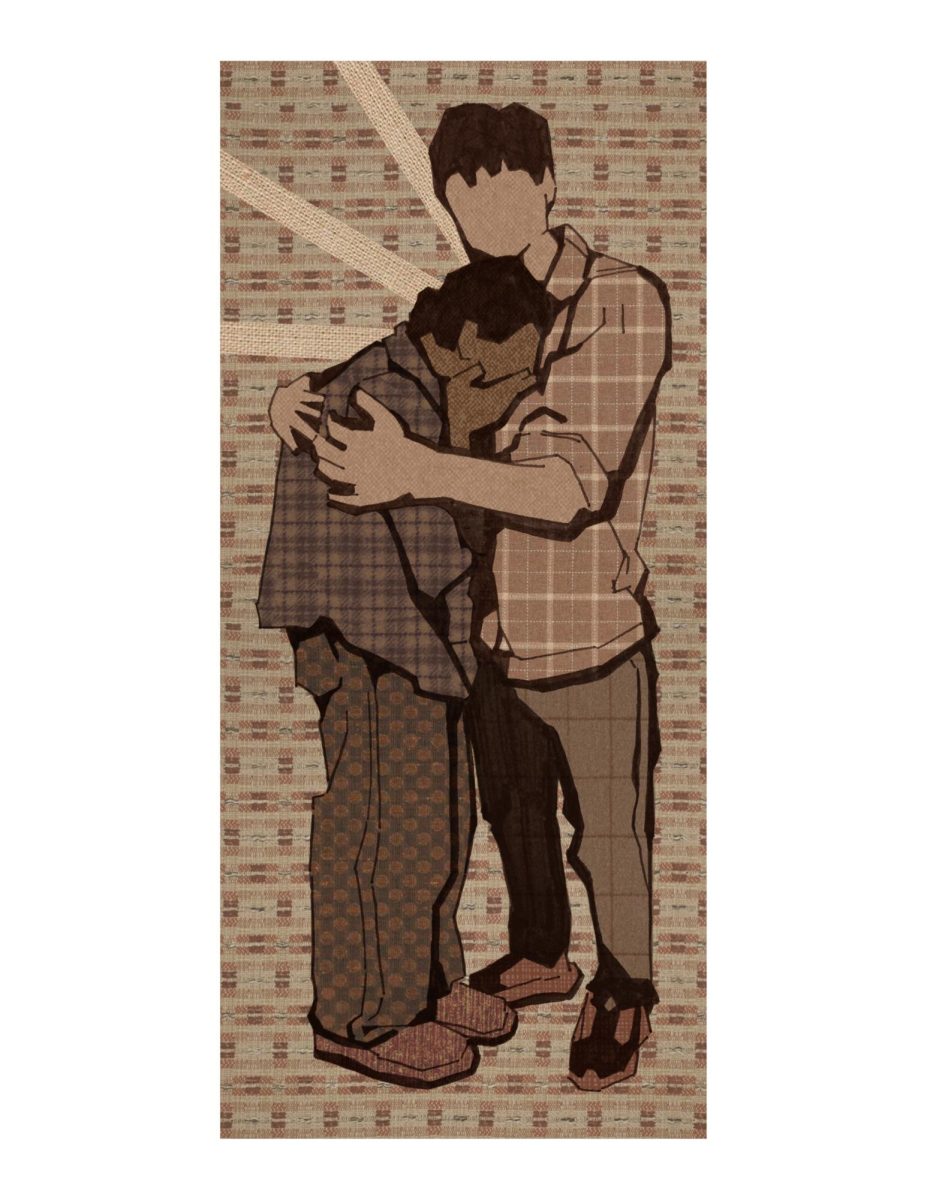For many college students, if you don’t spend your spring breaks drunk on a beach in Florida, you’re wasting your college years. If you don’t date around and meet 50 people a weekend, you’re looked down on for limiting yourself and missing out. The Princeton Review even releases an annual list of the top party schools in the country.
Biola obviously doesn’t advocate drinking, wild partying, or a lot of the things you might find in a sorority house on Greek row at a public university. But does Biola believe that you have to do certain things, to hang out in a certain way with certain types of people, in order to experience college the way you are supposed to?
Biola encourages outgoing community
Biola has clubs, Residence Life, SOS week, AS activities, and even chapels that advocate community — but it is always the same kind of community. It is the face-painted, yelling at the top of your lungs, music too loud to hear anything, Nationball community. Or it is the never close your room door, GYRAD, all-hall, floor event, brother-sister floor breakfast community.
While enjoyable, you could go to every event like those above for four years and still feel alone in your emotions, your faith, and your struggles because they all create camaraderie but neglect true connections. These events are great for laying the foundation and breaking the ice — but when do we take it further?
Disadvantages for quieter students
This one sided approach to community leaves a lot of people behind. What if your idea of a fun Friday night is hanging out in your room with your roommate? Biola discourages the quieter, simpler community that is found behind closed doors.
“Evangelicals tend to gravitate toward extroverts, so the evangelical church sees extroverted people as spiritual,” said Uche Anizor, assistant professor of biblical and theological studies.
This is a mistake we need to stop making. Someone who enjoys jamming with a couple guys with guitars is not a worse Biolan than the one who wishes we had all-campus events every weekend.
Community in different dorms
Sigma Hall, where I have loved living for two years, has the reputation on campus as being quiet and nerdy. Sadly, somewhere along the line, someone decided that a few friends playing video games should be discouraged. In a recent Chimes article discussing the “Chi” controversy, Sigma resident director Michelle Santis said, “My hope is that the name doesn’t just change, but that the associations with the name will become more of a positive one in the years to come.”
I understand Santis wanting people to think of Sigma in a good light. People often assume I live in Sigma because I got stuck there by housing. But why must the entire personality of the dorm change? Those that have congregated in Sigma tend to enjoy a kind of community that differs from that of the newer, larger dorms like Hope Hall or Horton Hall. Instead of embracing Sigma as an oasis for a quieter kind of communion for the introvert, they are doing everything they can to get students out of their rooms and into the lobbies.
Focusing on God
We need to ask ourselves, what is the point of Biola community? I think we all agree that we should be having fun, but also we should be fostering deep human relationships that bring us closer to God. If that’s the case, then we should not only allow for a softer kind of community, we should be promoting it. This might mean toning down the huge events once in a while. An ‘80s bowling night with your dorm floor won’t turn into a heart to heart about God if we never slow down enough to let it.






